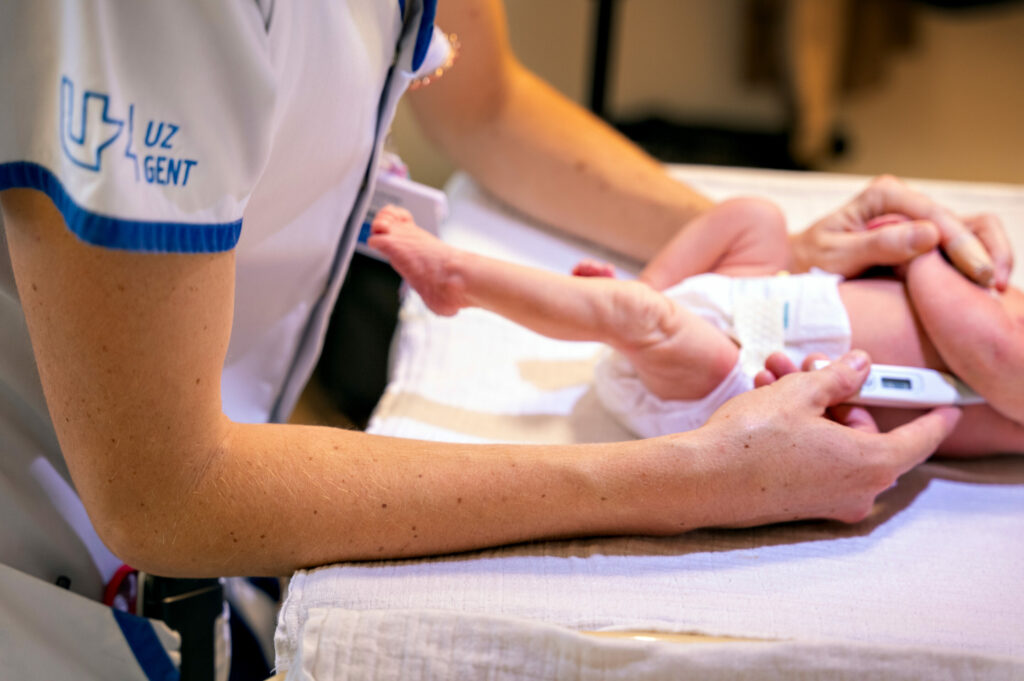The first healthy baby of a Belgian woman who underwent a uterus transplant has been born, UZ Gent reported on Monday. This impressive medical feat took years to achieve.
The child is the first baby to come into the world in Belgium after the mother received a uterus implant. This followed a complex operation in 2018. At the time, the Ghent-based hospital was only the tenth centre in the world to perform such a procedure.
"The parents first participated in a thorough medical and psychological screening in 2016," said Prof Steven Weyers, gynaecologist and head of service at the Women's Clinic. "After they received approval for their participation in the study, we initiated an ivf [in vitro fertilisation] procedure."
The woman's eggs were pooled with her partner's sperm in the IVF laboratory. "Once we had enough embryos to freeze, we were able to proceed with the transplant."
Own genetic material
A year after the transplant and with no signs of complications, the process of embryo transfer began. This type of pregnancy is not uncomplicated, as the new organ mustn't be rejected.
The process eventually led to a successful pregnancy with the parents’ own genetic material. The woman gave birth to a healthy baby after 37 weeks of pregnancy. The child was delivered by caesarean section on Monday.
"For a long time, getting pregnant and carrying my own baby was an impossible dream," the mother said. "This study route unexpectedly offered us that chance after all." The woman's uterus will soon be removed again, as the medication against rejection of the transplanted uterus carries long-term risks.
This remains the first and only such operation carried out in Belgium. Uterine transplants are complex procedures that are only considered when a mother suffers from a congenital defect. For now, only brain-dead donors are considered. But centres in Germany, Sweden and the US already extended this for living donations.
International studies report that a total of 135 uterine transplants have now taken place worldwide, and 65 children have been born after such transplantation.

